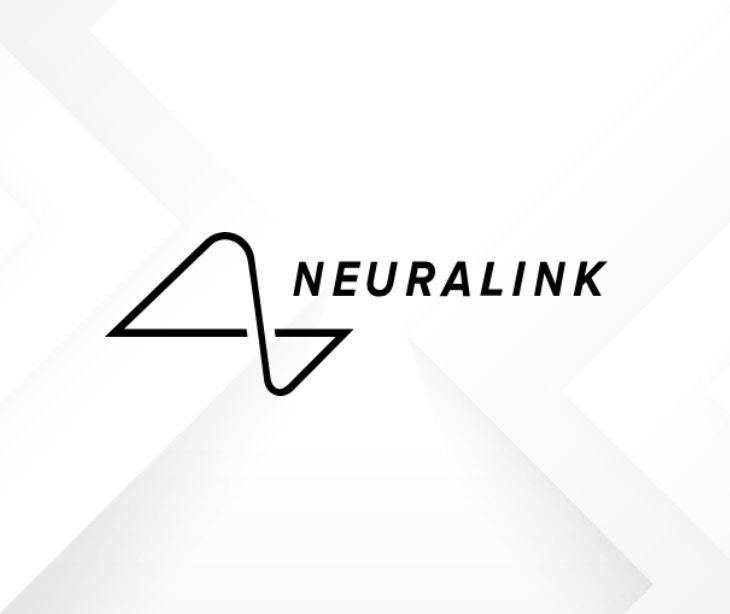2 min read
Aligning clinical trial innovation with HIPAA standards
Caitlin Anthoney Dec 5, 2024 9:33:16 AM

Clinical trial enrollment is often more driven by sociodemographic factors rather than clinical factors, making it difficult to obtain a diverse pool of participants. In a bid to help solve this, researchers from the NIH have come up with an AI-powered solution known as TrialGPT.
What is TrialGPT?
TrialGPTis an AI algorithm designed to help clinicians match patients to trials based on individual criteria. It analyzes patient data and trial requirements, summarizing how well patients meet enrollment criteria.
When compared to human clinicians, TrialGPT offered a major advantage, reducing screening time by 40% while maintaining similar accuracy.
The researchers behind TrialGPT stated they “anticipate that this work could make clinical trial recruitment more effective and help reduce barriers to participation for populations underrepresented in clinical research.”
The NIH team also received the Director’s Challenge Innovation Award, further supporting their goal of evaluating the model’s real-world applications.
Challenges in clinical trial diversity
While the development of TrialGPT is a great milestone for clinical trials, participant diversity remains challenging. Too often, clinical trial participants don’t represent the demographics of the populations who will ultimately use the therapies. Consequently, clinical trial findings can become incompatible with real-life applications, especially for historically underrepresented groups.
The FDA has tried to mitigate this issue, prioritizing diversity as part of its health equity initiatives. Specifically, the Food and Drug Omnibus Reform Act of 2022 (FDORA) mandates that sponsors of certain clinical studies submit ‘diversity action plans’ outlining strategies to meet specific enrollment goals. The FDA’s draft guidance provides the following suggestions to meet these goals:
- Engaging with local communities to build trust.
- Selecting trial sites that serve diverse populations.
- Decentralizing studies to reduce geographical barriers.
- Enhancing study awareness through targeted outreach.
TrialGPT could contribute to the last strategy, quickly matching patients with appropriate trials and lowering the risk of overlooking underrepresented populations.
As promising as TrialGPT is, integrating it into clinical trials requires careful attention to regulatory rules like the Health Insurance Portability and Accountability Act (HIPAA).
HIPAA and TrialGPT
When researchers and clinicians recruit clinical trial participants, they often handle protected health information (PHI). HIPAA mandates that these entities implement physical and technical safeguards to protect PHI during transmission and storage.
Therefore, researchers using TrialGPT must incorporate advanced encryption, secure access controls, and strict data-handling protocols to prevent potential data breaches that could overshadow its benefits.
Maintaining privacy while promoting progress
Clinicians can use de-identified patient data, removing personal identifiers so AI models can access the data while minimizing exposure to sensitive details.
Organizations deploying TrialGPT must also use data-use agreements, confirming that any third parties involved in AI implementation comply with HIPAA regulations.
Additionally, regular audits and workforce training will help reinforce accountability and minimize the risk of data breaches.
The big picture
As AI-driven tools become more prevalent in healthcare, covered entities must safeguard PHI at every stage. Integrating privacy protections into tools like TrialGPT can help us create a future where efficient recruitment is matched by ethical standards.
Moreover, maintaining the balance between medical advances and data security will help pave the way for more inclusive and equitable clinical trials.
Read also: Using HIPAA compliant email to improve clinical trial recruitment
FAQs
Can AI be integrated into HIPAA compliant emails?
Yes, AI-powered features can be integrated with HIPAA compliant emailing platforms, like Paubox, to automate processes like patient consent management and sending personalized emails while maintaining HIPAA compliance.
Can researchers personalize emails for different trial participants?
Yes, HIPAA compliant solutions, like Paubox, can help researchers segment and tailor messages to specific demographics or health conditions.
Are there any limitations when using AI in HIPAA compliant emails?
Yes, healthcare providers must ensure that AI-powered features comply with HIPAA regulations and industry best practices for data security and privacy. Additionally, providers should evaluate the reliability of AI algorithms to avoid potential risks or compliance issues.
Read also: HIPAA compliant email API


%20-%202024-12-12T181239.249.jpg)
%20-%202024-11-12T061844.905.jpg)
